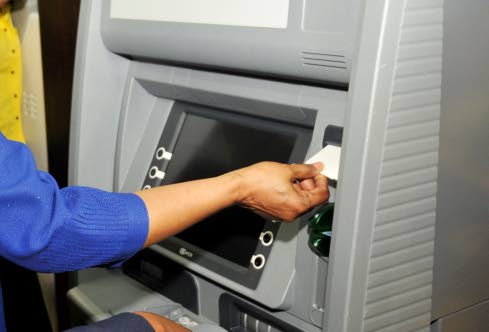The evolution of technology has enabled countless perks for daily life practices, including the handiness of paying with debit or credit cards as opposed to carrying cash. Although many people prefer having cards due to its convenience, paying with these has proven to be risky.
A study by the Nilson Report revealed that card fraud rates have been incrementally rising throughout the last few years, with a staggering US $31.67-billion worldwide fraud loss projected by the year 2020. While the US and European countries usually top the list each year, the latest ACI Worldwide Global Consumer Fraud Survey reveals Mexico and Brazil lead the way as the top two countries with most credit card fraud reported in 2016 with 56 per cent and 49 per cent, respectively.
Moreover, countries in the Caribbean have seen this type of fraud flare up recently due to the high influx of tourists, to the extent that the United States Department of State Bureau of Diplomatic Security listed credit card fraud and cybersecurity breaches as an issue to take into consideration when travelling to Jamaica.
It’s important to note that although both credit and debit cards are similar in appearance and usage, they differ greatly in a crucial way: debit cards are tied directly to bank accounts, meaning that if fraud does occur, this money will be gone immediately and customers will have to wait for the bank to issue their money back. Contrary to popular belief, the weak link in people’s wallets is actually debit cards and not credit cards.
http://www.jamaicaobserver.com/business/Debit-and-credit-card-fraud-_94595




Leave A Comment